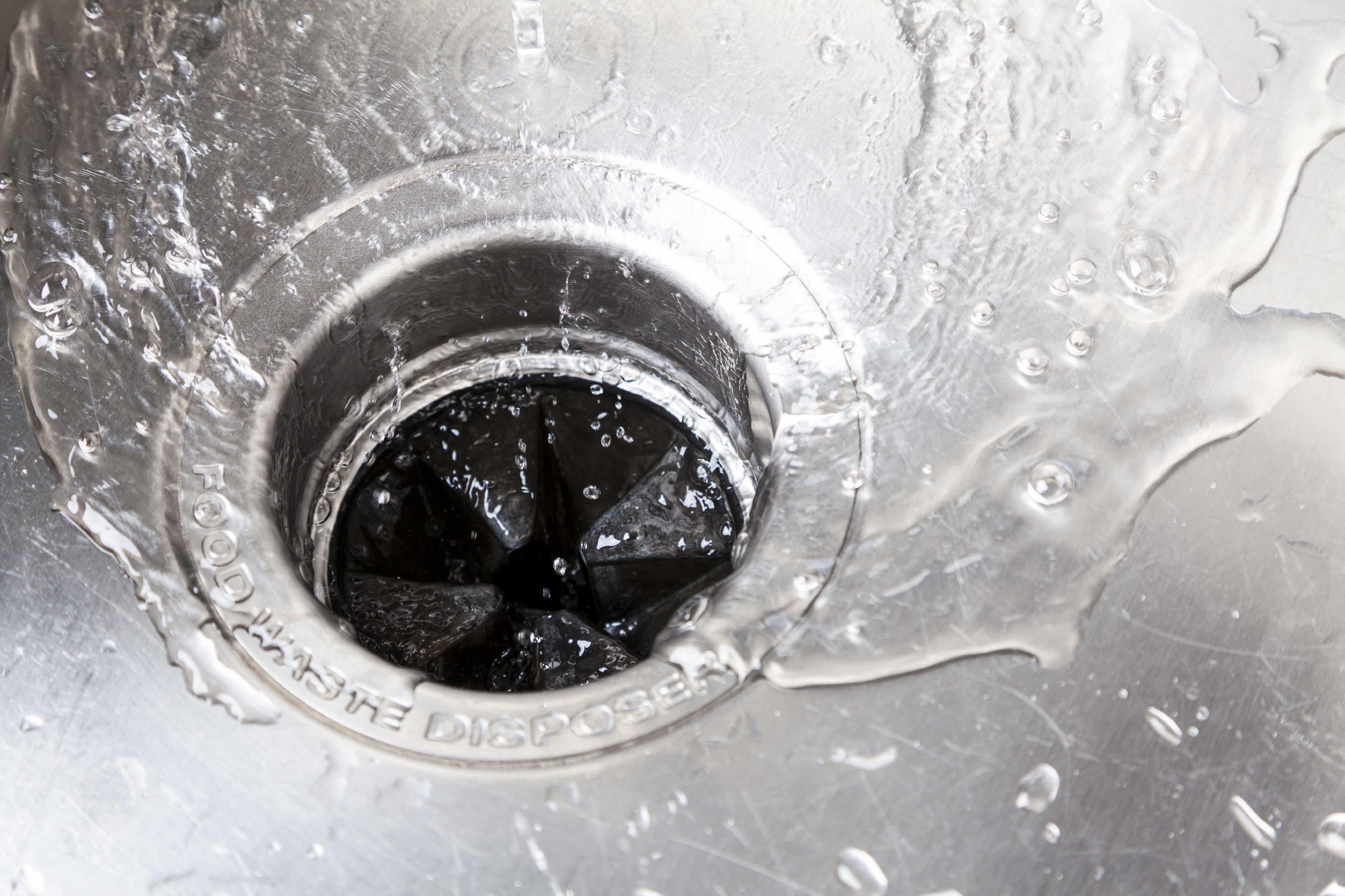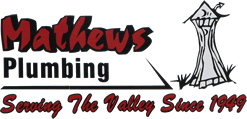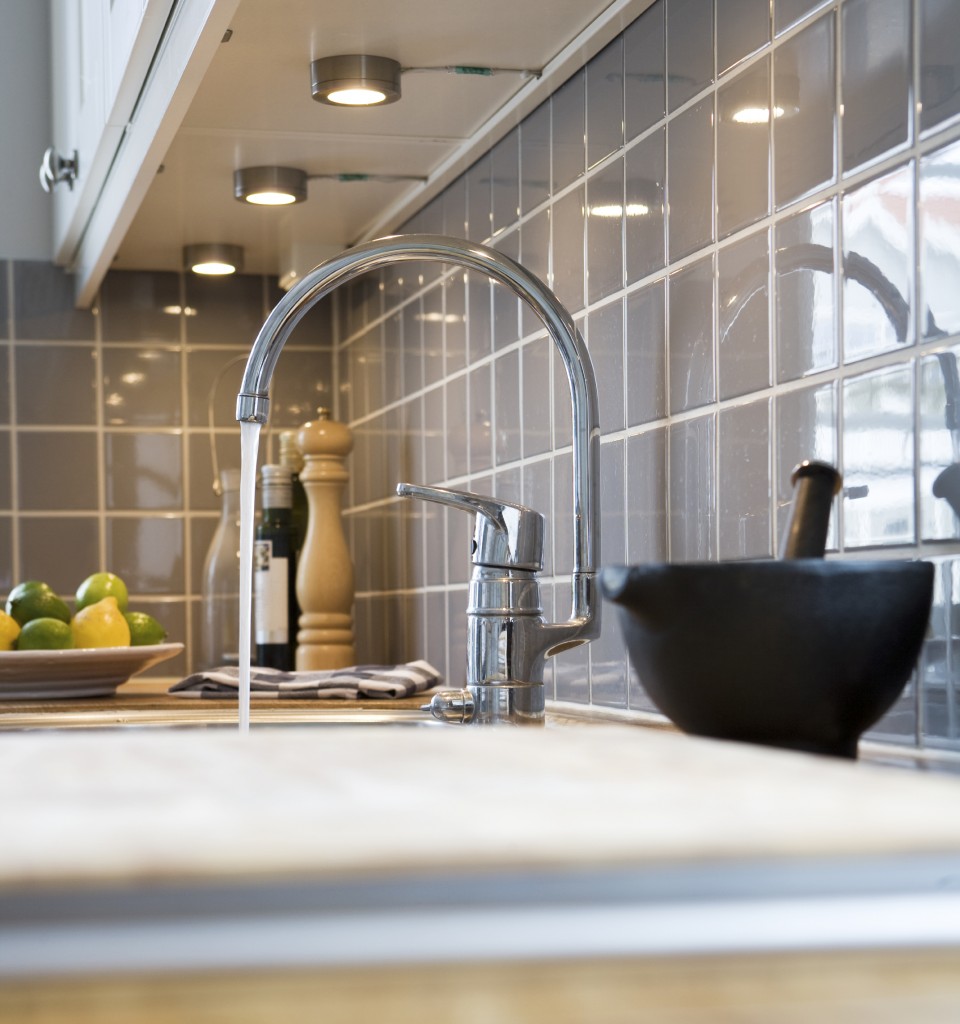
30 Apr What Not to Put Down Garbage Disposal
4/30/15
By: Karli Willden
Idaho Falls Plumbing Tips
Sometimes the sink disposal is used for all the wrong reasons. Many people think if you have old food in the your refrigerator, you can put it down the garbage disposal with no worries. WRONG. This type of thinking can cause lots of plumbing issues by putting the wrong things down the pipes. While the disposal can grind the food, there are issues with the grinded food making its way through the pipes. The sink disposal is not the food garbage of the house, and should be used sparingly. It is important people are aware of what they should or should not put down their garbage disposals to save them money in the long run.
Avoid Sink Clogs
The best way to avoid sink clogs is to avoid putting food scraps down the sink. Dispose of old food in a double-lined garbage bag and take it out when you are done. There are some things in particular which should be especially avoided when putting food down the drain. Some tips on food not to put down a garbage disposal, include the following below:
- Large Food Deposits
- Egg Shells
- Potatoes, Potato Skins
- Vegetable Peels, Stringy Vegetables
- Fruit Pits, Seeds
- Pasta
- Rice
- Fruit Peels
- Grease or Oils
- Bones or Trash
- Starches
These items can easily clog the sink and pipes if not thrown away in the garbage. Starch foods are especially good pipe cloggers, because they expand over time and leave a residue on the pipes, which can be hard to flush out. If you are using the sink to peel fruits or vegetable skins, place a plug in the sink to prevent unwanted items from going down the drain. Then, when using the garbage disposal, be sure to leave the water on before, during and after to flush the pipes. Also be sure to be conservative in what you flush down the pipes, and only do small amounts at time. If you are skeptical of what you are flushing down the sink, you are probably right. Save yourself a little extra money from needing an Idaho plumber, and throw your food in the garbage.
For more information on what foods to avoid putting down your disposal, feel free to contact our Idaho Falls plumbing experts at Mathews Plumbing at 208-357-3439.
Sink Cleaners
If you or your family has been in the habit of putting all sorts of food down the sink, you might be dealing with weird smells coming from the sink. If this be the case, you will likely be in search of safe cleaners to use for the foul smells coming from your kitchen sink. Below are a few pointers to keep in mind when searching for the right cleaners for your sink and your disposal:
Tip 1: Avoid abrasive cleaners.
While bleach and ammonia could do the trick, both of these cleaning products should be avoided because of their toxic and abrasive characteristics. If you do choose to use these cleaners, thoroughly rinse the cleaners down the drain and out of your sink. This simple practice will lower the chances of the cleaner from contacting the dishes you eat on, and to avoid abrasive effects on your pipes.
Tip 2: Use Baking Soda.
Baking Soda is a safe way to clean and deodorizer for your sink. Not only is it non-toxic with multi-purpose uses, it’s also safe for the environment. Pour baking soda in the sink and the drain to remove stains or foul odors from food disposed in the sink.
Tip 3: Use White Vinegar.
Pour a little white vinegar down your sinks every three months to prevent the sink from clogging and having foul odors. White vinegar is an inexpensive solution, which does not have harsh effects on your sink or your pipes.
Tip 4: Use Dish Soap.
Dish soap is a safe and reliable cleaner for your kitchen sink. Dish soap is not hard on the pipes, and works to remove bacteria, grease and other grime which may be stuck to the pipes. Since you likely already have dish soap in your kitchen, you can avoid purchasing another kitchen cleaner.
Tip 5: Use Ice Cold Water.
When cleaning your sink it is often the norm to use hot water to rid your sink of greases and oils. While greases and oils should never be put down the sink in the first place, the best way to rid your sink and pipes of these is cold water—ice cold water. Hot water is good to sterilize the sink afterwards, but not to flush things down the sink because it liquefies the grease and oils down the pipes, which will later harden in the pipe and leave a hard residue.
If you are in need of an Idaho Falls plumber for service work, or need more information about your kitchen plumbing, feel free to give our Idaho Falls plumbing company a call at 208-357-3439. Mathews Plumbing offers Rexburg, Shelly and Idaho Falls plumbing services.

